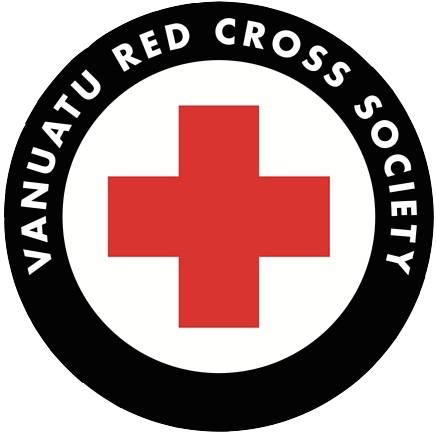Today marks 50 years since the implementation of The International Red Cross and Red Crescent Movement’s seven fundamental principles. To honour the occasion they are celebrating and reaffirming the relevance of its Fundamental Principles: Humanity, Impartiality, Neutrality, Independence, Voluntary Service, Unity and Universality – the core of its humanitarian commitment, values and mission.
At the heart of the International Red Cross and Red Crescent Movement is the mandate to assist communities affected by disasters, conflict or crisis, wherever and whoever they are.
“Every time you see Vanuatu Red Cross Society, they are acting in accordance with the Movement’s Fundamental Principles,” said Jacqueline De Gaillande, CEO of Vanuatu Red Cross Society. “These principles safeguard our access to vulnerable communities, and enable us to engage with thousands of people through programmes such as Livelihoods, Disaster Management, Health and WASH (Water, Sanitation & Hygiene Promotion).”
The Fundamental Principles guide our Movement’s decisions and work no matter the humanitarian challenges we face. These principles are shared by 17 million dedicated volunteers in 189 Red Cross and Red Crescent National Societies around the world. Every day, they work in their own communities and beyond to respond to the needs of the vulnerable.
“Our Fundamental Principles have been at the centre of all major humanitarian operations for over a century. They ensure the trust and acceptance of communities and, ultimately, they enable the Movement to be present on the ground delivering services, even in the most extreme circumstances,” said Yves Daccord, Director-General, International Committee of the Red Cross (ICRC). “To reach people in crisis, our principles of humanity, neutrality and impartiality can be our only shield.”
50 years after the adoption of the principles, the global humanitarian landscape has become more complex and more severe, driven by worsening conflicts, and the aggravating impacts of climate change, among other factors. These challenges have impacted the ability of Red Cross and Red Crescent Societies to access people in need.
“Reasserting the Fundamental Principles in today’s complex humanitarian environment can save lives in crisis”, said Elhadj As Sy, Secretary General, International Federation of Red Cross and Red Crescent Societies. “Whether helping communities cope with Ebola, supporting people fleeing violence in a refugee camp, providing opportunities for education in slums or taking aid into areas of conflict, we have to build trust and make certain that our principles are universally understood and respected at all times.”
The International Red Cross and Red Crescent Movement has been commemorating the 50th anniversary of the adoption of its seven Fundamental Principles throughout the year, including through a series of research projects and debates on the principles guiding humanitarian action. The initiative will culminate at the Movement’s International Conference (8-10 December 2015), its supreme deliberative body bringing together all components of the Movement and States Parties to the Geneva Conventions.
To learn more about the Fundamental Principles and the work of the International Red Cross and Red Crescent Movement, visit: www.fundamentalprinciples.today

